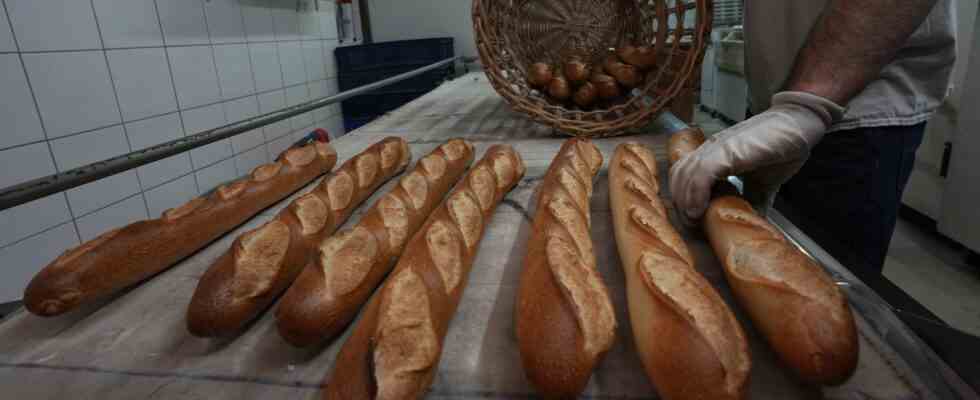Status: 11/30/2022 2:58 p.m
Just four ingredients, long, soft on the inside and crunchy on the outside: UNESCO has declared the culture of the baguette an intangible cultural heritage. A candidate from Germany also made it onto the list.
Flour, water, salt and yeast: it consists of only four ingredients – and yet, as UNESCO honors the baguette, every baker makes his own unique product out of it.
In addition to the popularity of the baguette, this is one of the reasons why the UN cultural organization has now recognized the pastry as an intangible cultural heritage of mankind, more precisely: the culture and craftsmanship of the French baguette. Because the list of intangible cultural heritage does not include objects, but customs, festivals and craftsmanship.
As of today, not only the ability and the culture of the baguette are part of it, but also – as the only candidate from Germany – modern dance. This includes various styles that emerged at the beginning of the 20th century. According to the application for the list, modern dance creates a sense of community, strengthens human bonds and is locally rooted. It is a source of social cohesion and promotes integration and inclusion, especially of disadvantaged groups such as people with disabilities and older adults.
More than 500 entries from 136 countries
Since 2008, the list of intangible cultural heritage complements the world heritage list for cultural and natural sites. This week, in Morocco’s capital Rabat, UNESCO will decide which forms of expression and skills will be included. So far, the list already contains more than 500 entries from 136 countries, including organ building and organ music from Germany. This year’s contenders also include the Chinese tea ceremony, the culture of embroidered blouses in Moldova, the art of ringing bells in Spain and that of Tunisia’s hot harissa sauce.
Incidentally, the recognition of the baguette as an intangible cultural heritage should not have any influence on the sale and naming of baguettes in Germany. Such restrictions are more likely to apply to protected designations of origin – for example, champagne or camembert must come from a specific region.

